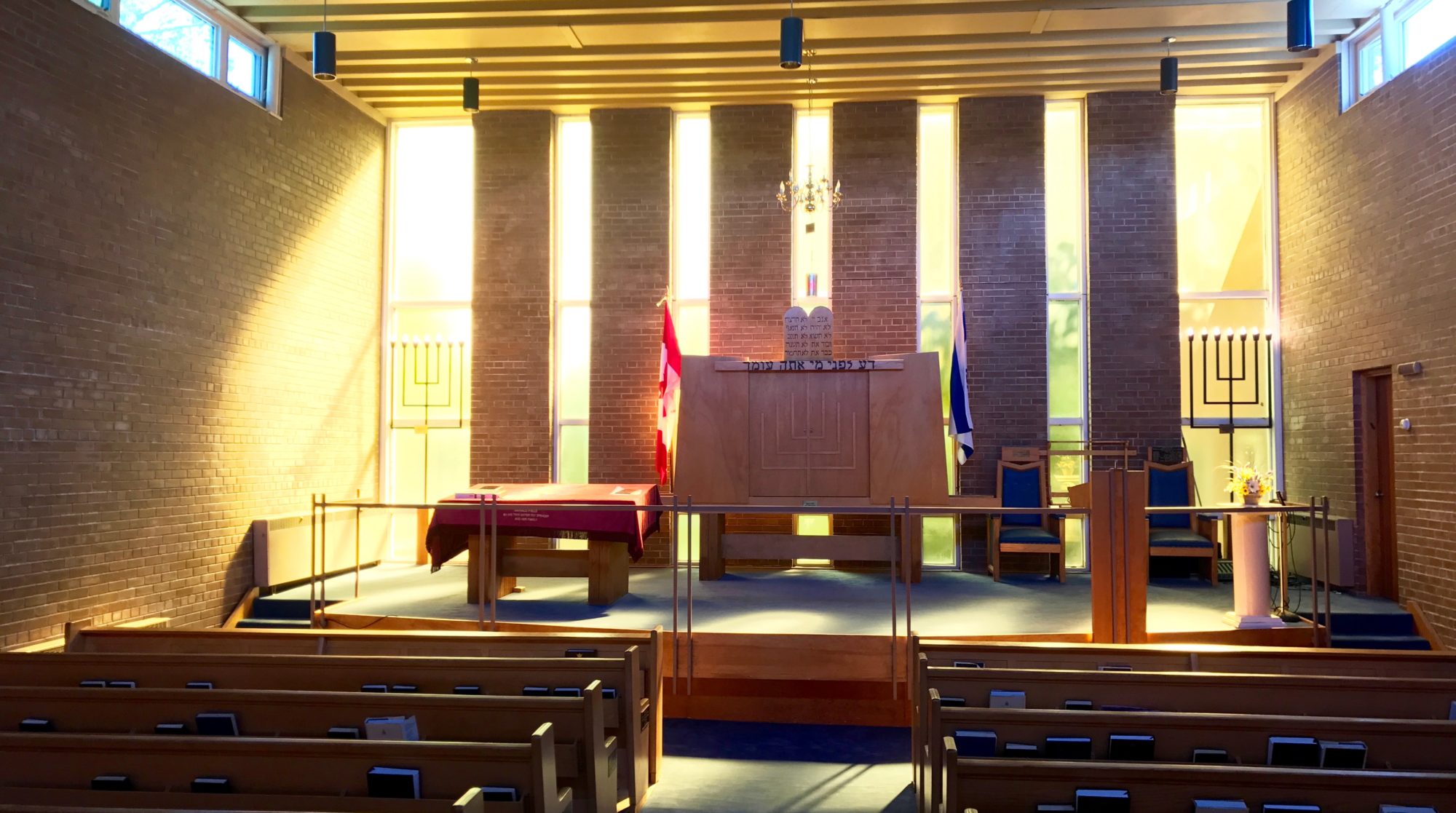The Quest for Tranquility
In the closing passages of tractate Berachot, the sages offer a surprising and rather disheartening declaration: “Scholars of Torah have no rest (menuha), not in this world nor in the world to come” (B. Brachot 64a). What are our sages trying to tell us? Nowhere in the Talmud do we have a satisfactory explanation for this statement.
For many this is a gloomy prognosis; will we never merit a sense of achievement? After toiling over the pages of the first tractate of Talmud, after plowing through dense tomes, investing significant time and energy – perhaps with the hope of becoming a Torah scholar – we are greeted with this discouraging pronouncement: “Scholars of Torah have no rest, not in this world nor in the world to come.”
One hassidic masters have a beautiful explanation. They say that Torah scholars have no rest because they need no rest. Those who dedicate their time to Torah study are so inspired by their encounter with tradition that they never tire (Rav Yeive, 18th century, Poland). Indeed when we embark on a journey that speaks to the root of our soul, we draw on hidden reserves of energy; we transcend our earthly existence, never tiring always invigorated.
Another hassidic master offered an explanation that reinterpreted the meaning of “rest.” He understood “rest” to mean stagnation. Torah scholars do not rest because they never vegetate. Each day spent poring over the texts of our tradition reveals heretofore hidden pearls. Thus the statement that they will not rest is actually a blessing: Torah scholars will continually produce, continually innovate, forecasting creativity and originality in their work, they will not languish.
Unfortunately the word Menuha does not contain the sense of stagnation, or vegetating. The 16th century rabbi Moses Isserles quotes in his opening comment to the Shulhan Aruch: “I have set God before me constantly (Psalms 16:8). He makes a distinction between Menuha and Shalva, translated as tranquility.
Accordingly, Rabbi Isserles says that Indeed we strive not for rest; rest is idle festering that can be beset by decline and rot. We do aspire, however, to tranquility, that inner sense of peace and purpose; a pervasive feeling of making the unique contribution that is our lot; a life dedicated to the pursuit of goodness. Shalva can only be attained when there is no menuha. Menuha is good for Shabbat as a respite from the vicissitudes of the workweek; shalva is a goal for life.
The shalva of the righteous student of Torah is in truth the absence of menuha, for the righteous student of torah does not rest in the face of much, much that must be fixed… and how can a person experience tranquility when he sees faults and does not attempt to fix them?” Lack of rest is a religious ideal. It is a value to which a person who seeks to grow intellectually and spiritually should aspire. The epitome of tranquility is not respite; it is movement and progress.
It is on that very note that Brachot, the first tractate of Talmud, signs off: The goal is not to conclude; the ideal is to continue without rest.
Shabbat Shalom
Jacques Abourbih
